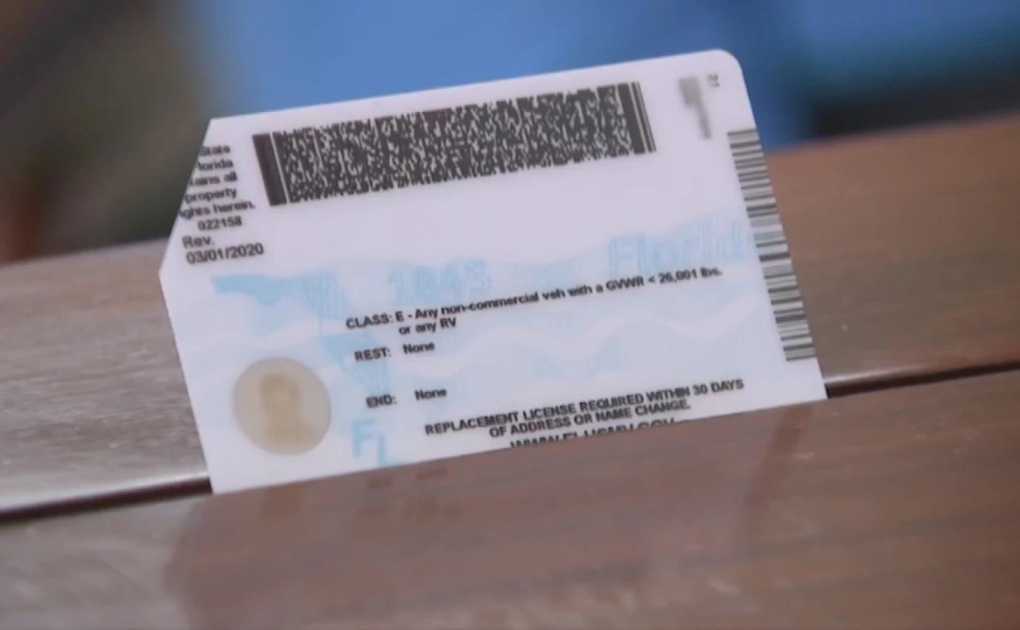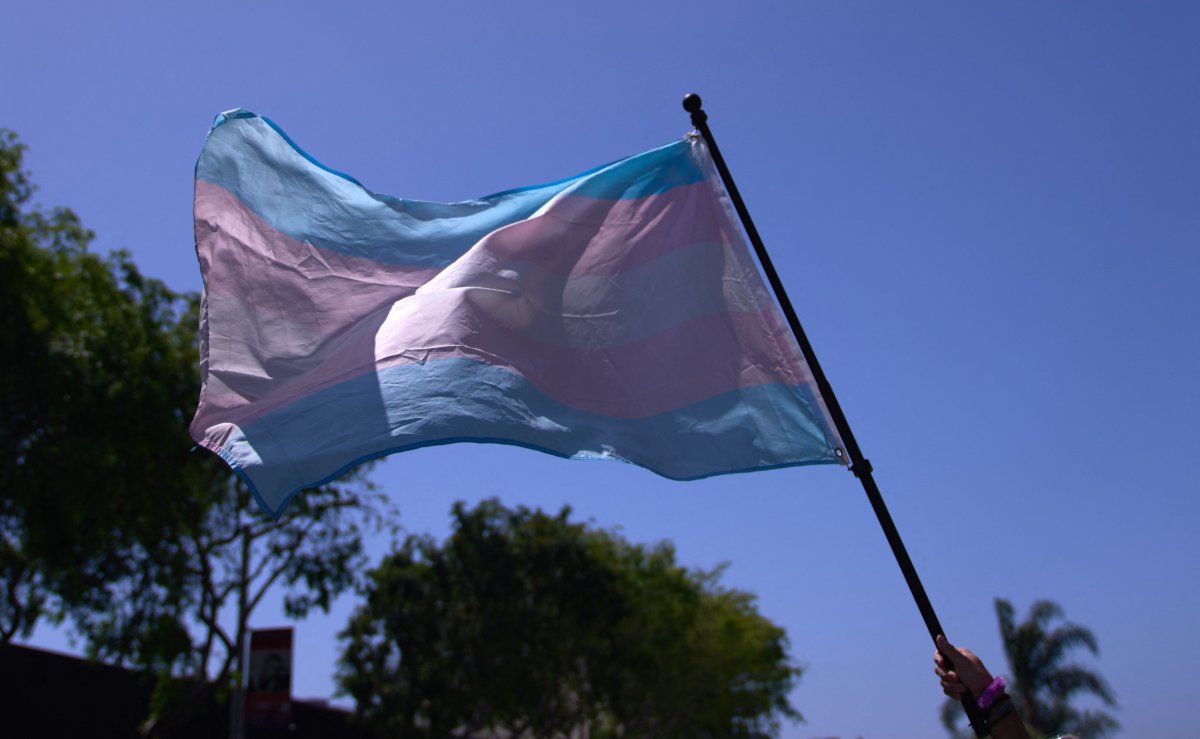
Transgender people in Florida could have their driver’s licenses revoked or face prosecution if they try to change their gender markers, according to a memo shared on social media.
Robert Kynoch, the deputy executive director of the Florida Department of Highway Safety and Motor Vehicles, issued a memo dated January 26 that said “establishing gender on a newly issued Florida Driver License is based on the supporting documents provided with an application,” according to a screenshot posted on X, formerly Twitter.
The documents “must be sufficient to establish the identity of the applicant” under Florida law, he said. “Furthermore, misrepresenting one’s gender, understood as sex, on a driver license constitutes fraud under s. 322,212, F.S., and subjects an offender to criminal and civil penalties, including cancellation, suspension, or revocation of his or her driver license.”
The directive comes as Florida Governor Ron DeSantis and Republican lawmakers have targeted transgender rights in the state, including by banning gender-affirming care for minors, restricting discussion of personal pronouns in schools and forcing people to use certain bathrooms. New laws targeting LGBTQ+ people are also proliferating in other Republican-led states.
BREAKING: Florida has taken unilateral administrative action and banned gender marker changes on drivers licenses. Any trans person who has had theirs changed is potentially subject to suspension. Anyone attempting to change it after could be criminally prosecuted for “fraud.” pic.twitter.com/wZAzYefSIL
— Alejandra Caraballo (@Esqueer_) January 30, 2024
Kynoch’s memo said the department had rescinded requirements that directed personnel to issue a new license in the event that a licensee “wished to alter the gender marker on his or her license.” The department can “issue a replacement license only when a license or permit is lost or stolen, or when there is a subsequent change in the licensee’s name, address or restrictions,” he wrote.
Kynoch also wrote that the term “gender” does not refer “to a person’s internal sense of his or her gender role or identification, but has historically and commonly been understood as a synonym for ‘sex,’ which is determined by innate and immutable biological and genetic characteristics.”
He added that: “a driver license is an identification document and, as such, serves a critical role in assisting public and private entities in correctly establishing the identity of a person presenting the license. Permitting an individual to alter his or her license to reflect an internal sense of gender role or identity, which is neither immutable nor objectively verifiable, undermines the purpose of an identification record and can frustrate the state’s ability to enforce its laws.”
Alejandra Caraballo, a civil rights attorney and clinical instructor at the Harvard Law School’s Cyberlaw Clinic who shared the memo on X, wrote: “Any trans person who has had [their license] changed is potentially subject to suspension. Anyone attempting to change it after could be criminally prosecuted for ‘fraud.'”
In other posts, Caraballo wrote that “if the language used in this directive is taken at face value, any trans person driving with a changed gender marker on their drivers license could be criminally charged with fraud. This interpretation could potentially apply to anyone driving in the state, including tourists.”
Caraballo added: “This is a massive and intrusive change erasing legal recognition and criminalizing trans people in the state.”
Newsweek has contacted Caraballo for comment via direct message on X. Kynoch has been contacted for comment via email.

Allison Dinner/AFP via Getty Images
It comes after at the Florida House Select Committee on Health Innovation approved a bill that would require driver’s licenses to display the licensee’s sex assigned at birth rather than gender identity.
At least 94,900 adults identify as transgender in Florida, while 16,200 people aged between 13 and 17 identify as transgender in the state, according to a 2022 report published by the Williams Institute at the UCLA School of Law.



